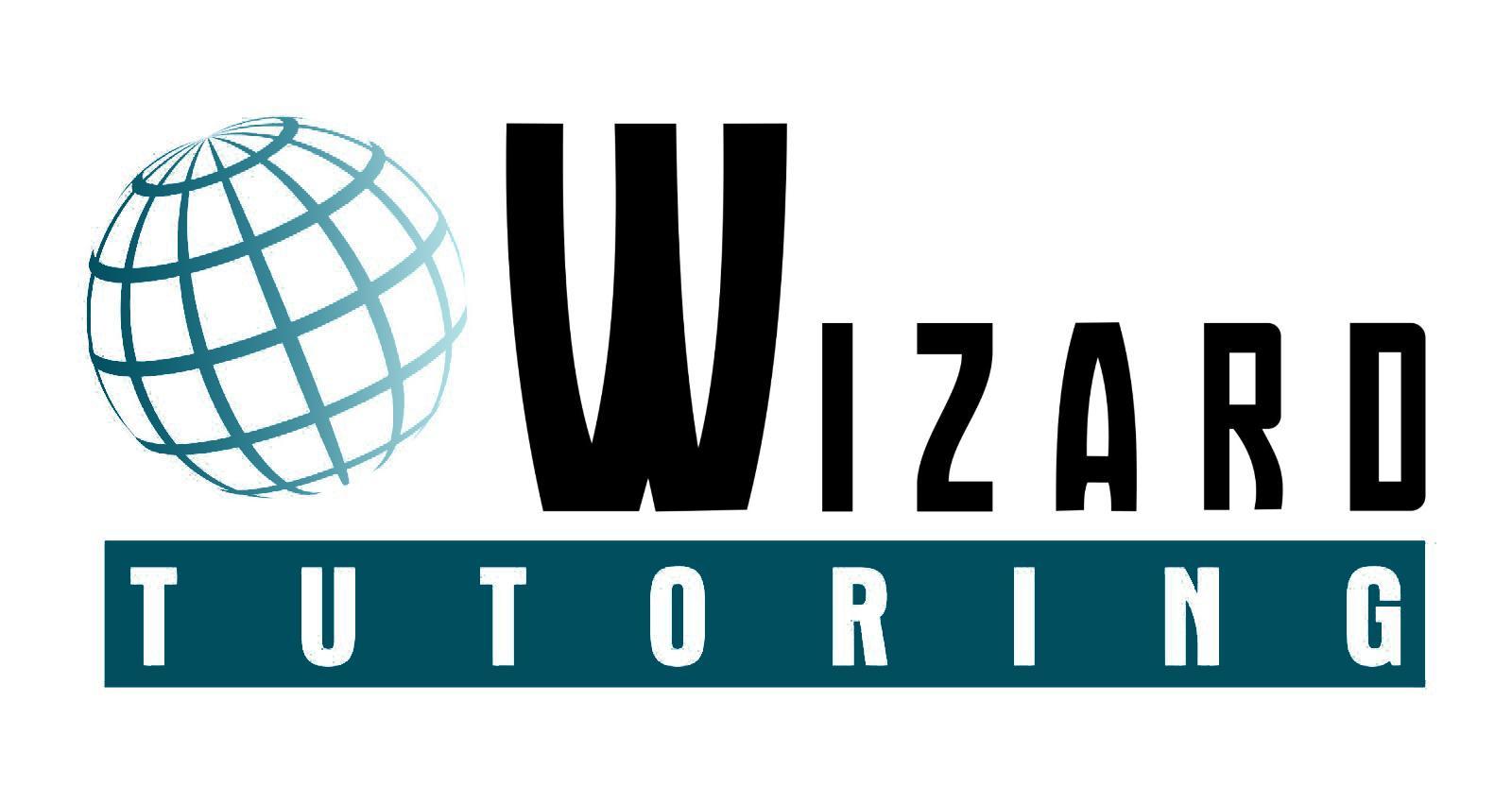Discover programs that inspire and empower students on their academic and creative journeys
The IGCSE (International General Certificate of Secondary Education) offers a wide range of subjects, allowing students to tailor their studies according to their interests and future goals. Wizard Tutoring offers support across most of the subject choices.
Offering IB tutoring across different subjects and two stages: the Middle Years Program (MYP) and the IB Diploma Program (DP).
Focus: Broad and balanced education, with an emphasis on personal development and interdisciplinary learning.
Subjects: Includes language and literature, individuals and societies, sciences, mathematics, arts, physical and health education, and design.
Focus: Prepares students for higher education with a rigorous academic framework.
Subjects: Six subject groups (Studies in Language and Literature, Language Acquisition, Individuals and Societies, Sciences, Mathematics, The Arts), plus core components (Theory of Knowledge, Extended Essay, Creativity, Activity, Service).
Guide students in exploring knowledge questions, understanding different ways of knowing, and preparing for the TOK essay and presentation.
Assist with selecting a research topic, developing a research question, conducting research, and writing and revising the essay.
MYP: Emphasizes problem-solving, conceptual understanding, and application of mathematical skills.
DP: Focuses on higher-level concepts such as calculus, algebra, statistics, and advanced problem-solving techniques. Differentiate between Analysis and Approaches (AA) and Applications and Interpretation (AI) based on the student’s choice.
MYP: Covers fundamental concepts in Biology, Chemistry, and Physics, and emphasizes scientific inquiry and experimental skills.
DP: Provides in-depth knowledge of Biology, Chemistry, Physics, or Environmental Systems and Societies, including advanced theories, lab techniques, and exam preparation.
MYP: Develops skills in history, geography, and other social sciences through inquiry-based learning and critical thinking.
DP: Assists with advanced study in History, Geography, Economics, Philosophy, Psychology, and other humanities subjects. Focus on essay writing, critical analysis, and exam techniques.
MYP: Improves language skills (both first and second languages) through reading, writing, speaking, and listening practice.
DP: For Language A (Literature and Language and Literature) and Language B (Foreign Languages), focuses on literary analysis, advanced language skills, and exam preparation. For Language B, emphasizes language acquisition and usage in various contexts.
MYP: Encourages creativity and skill development in Visual Arts, Music, Theatre, or Dance.
DP: Provides support in art production, theory, and critique for Visual Arts, performance skills for Music and Theatre, and dance techniques and choreography.
MYP: Focuses on the design cycle, practical skills, and project-based learning.
DP: Supports advanced design and technology skills, including detailed project work, theory, and examination.
The Cambridge International AS and A Level syllabus is highly regarded and recognized by universities worldwide for its rigorous preparation for higher education. At Wizard Tutoring, we offer specialized support for Cambridge International AS & A Levels, helping students develop the knowledge, understanding, and skills needed for academic success and beyond.
Our A Level program at Wizard Tutoring is designed to help students conquer the challenges of this advanced curriculum, which serves as a stepping stone to higher education. With subjects that require critical thinking, in-depth understanding, and analytical skills, A Levels can be daunting. Our program supports students by providing personalised guidance from experienced educators who specialise in each subject.
Cambridge International offers a choice of 55 subjects, allowing students to specialize deeply in a particular field or explore a broad range of topics. Wizard Tutoring provides expert support across most of these subjects, allowing students to build an individualized curriculum that matches their academic goals and interests.
A Level: Typically a two-year program, offering an in-depth study of each subject.
AS Level: Usually completed in one year, allowing students to start with an AS Level and, if they choose, progress to a full A Level in certain subjects.
At Wizard Tutoring, our specialized tutors are dedicated to guiding students through these challenging curricula, ensuring that they not only excel academically but also develop the critical skills valued by universities worldwide.
Advanced Placement (AP) exams are college-level assessments administered each May, typically following the completion of an AP course taken at a student’s high school or through external study. Scoring well on AP exams can lead to college credit at many universities, potentially reducing tuition costs by allowing students to skip introductory courses or graduate early.
AP exams cover a wide range of subjects—from Biology and Calculus to European History and Music Theory. With over 38 AP exam options available, students have the opportunity to explore diverse fields of study. Although individual high schools may not offer classes in every subject, Wizard Tutoring supports preparation for most AP subjects, providing expert guidance and resources tailored to each student’s needs. At Wizard Tutoring, we’re committed to helping students succeed on AP exams, equipping them with the skills and knowledge they need to excel and reach their academic goals.
